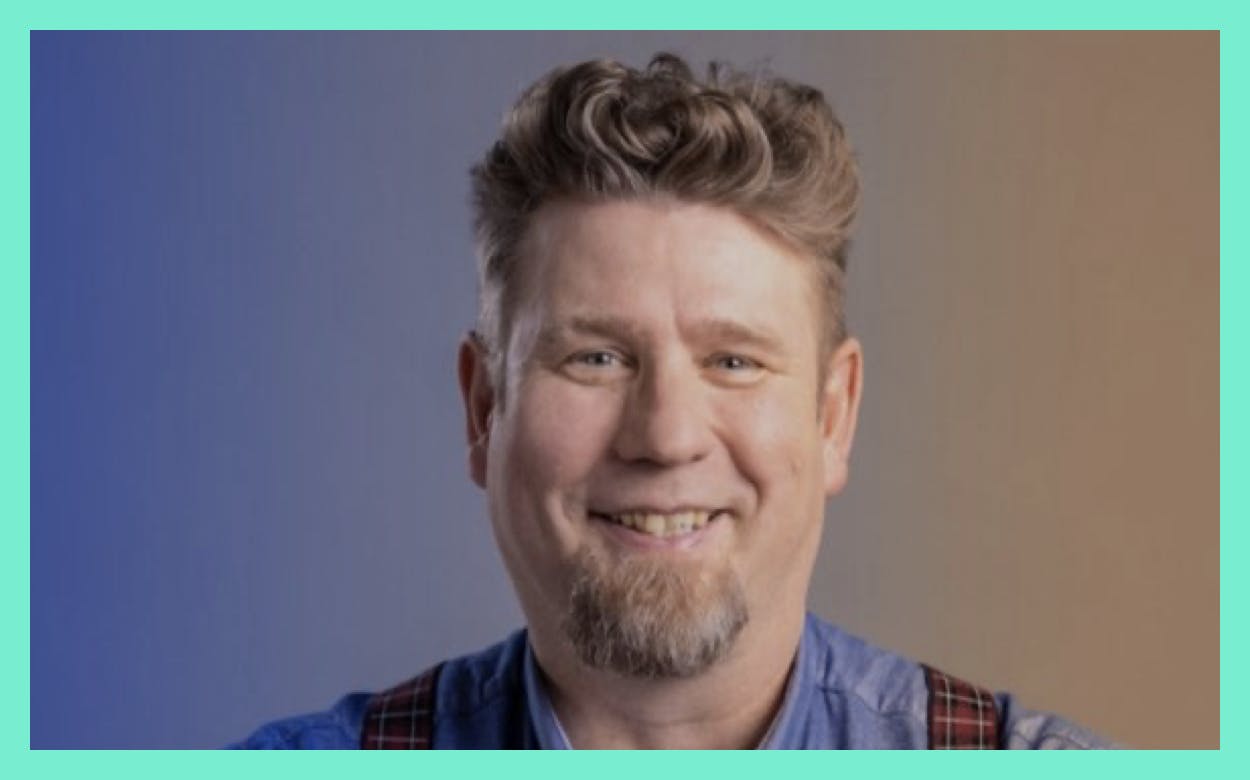Uwe Günzel (Co-founder RoX Health)
Uwe is a veteran of the pharmaceutical and healthcare industry. He has been in the industry for more than 30 years. Before co-founding Rox Health in 2020—a Berlin-based Roche subsidiary focused on digital health applications and their commercialization—he spent a quarter-century at Roche in various roles, gaining extensive experience developing and testing new business models and supporting existing healthcare IT solutions.

Can you explain your job to a five year old?
RoX Health is a company-builder and "gear box" for startups and healthcare partners. As a subsidiary of Roche, our home base is the pharma & diagnostics industry, which allows us to contribute with deep knowledge of the healthcare industry. My job is to bring healthcare to the street. What does that mean? I scout startups and founders and help them to bring their digital health solutions into the market. This can be, for instance, a software like a health app for monitoring a disease, or a relevant technical solution for the healthcare system. With our partners, our aim is to improve individualized healthcare for each patient.
What excites you most about your job?
Due to digitization, I see a lot of founders and startups with creative and promising business ideas in the digital health space. But for most of those innovations, it is difficult to really reach patients and get established in the healthcare market. Our ambition is to support founders and startups in this crucial task, and help them to finally bring their ideas to the patient and into the healthcare system.
Which trend will change the future of medicine?
The digitization of medicine and the healthcare sector is a huge task that requires enormous effort and resources. Many different players and stakeholders have to work together to face this challenge. No one can manage this alone, and it is therefore compelling that we partner with different players from different sectors, and with different perspectives—in co-creation and cooperation.
Looking back, which trends have you missed or underestimated?
Developing new business models in digital healthcare needs visionary thinking, courage, resilience, energy, and a deep understanding of how our healthcare system works. When building innovative solutions, you always have to ask: Does my product really address major patient needs?
Which MedTech initiative or startup deserves more attention?
Currently we are focusing on digital oncology—especially solutions for patients with breast cancer. Also, psycho-oncological startups have brilliant chances in the market. In addition, there are great opportunities for digital solutions addressing neurodegenerative diseases. I want to point out Neotiv—a very innovative company we partner with that focuses on the early detection of Alzheimer's.
Where would you put a million dollars?
I would invest in solutions turning clinical data or PRO (patient-related outcomes) data into intelligent curated data. Structured healthcare data has different use cases: It can improve processes and procedures—for instance, in hospitals—or accelerate the future development of personalized drugs and new therapies for patients.
What’s the best advice you’ve ever received?
As a great fan of the German music band Die Toten Hosen: "Get up even if you are down, Get up even if you're on the ground, Get up, it will go on!"